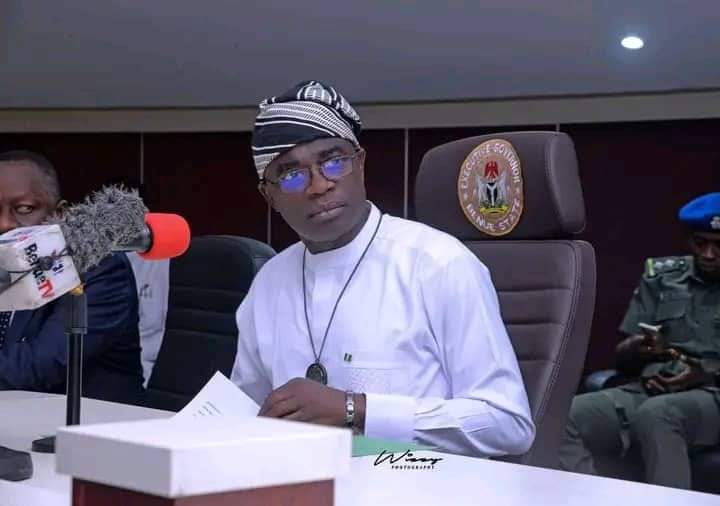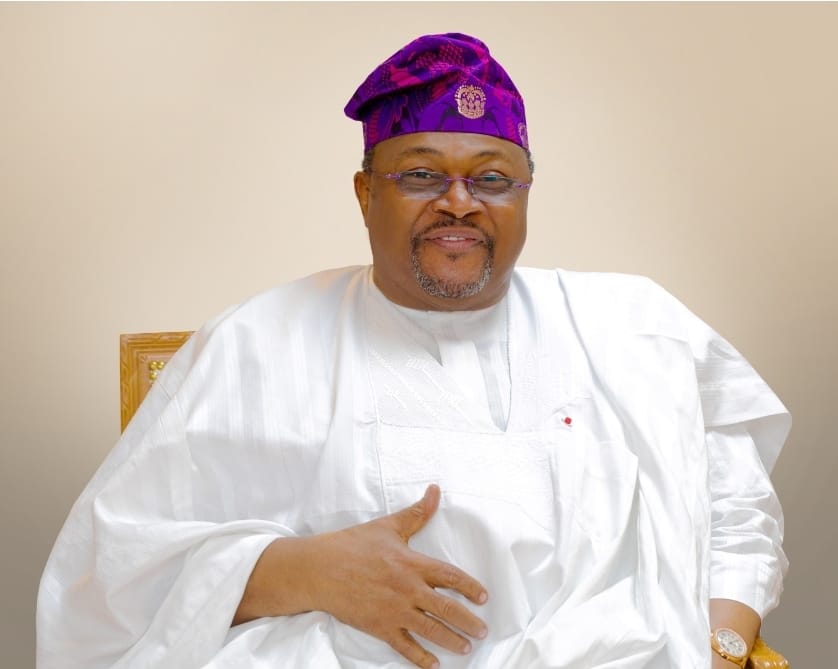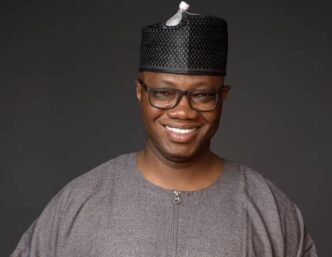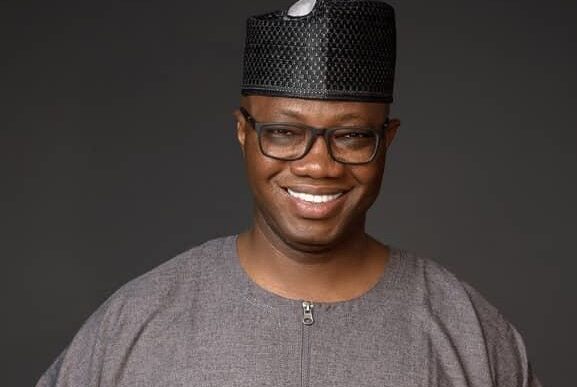BY SUNDAY JAMES
When Reverend Father Hyacinth Alia emerged as the governor of Benue state in 2023, his election was heralded by many as a moral revolution, a break from the past, a redemption song in a political theatre long haunted by elite betrayal and administrative decay. For a state wracked by violence, abandoned internally displaced persons, economic dislocation, and shattered dreams, the people yearned for a figure of hope. They turned to the cloth, not just for prayer, but for governance. The idea of a priest in office evoked expectations of uprightness, compassion, and an unflinching commitment to public good. Yet, the complexities of Benue’s crises are such that moral authority alone is insufficient.
Benue’s tragic story is not entirely unique in Nigeria, but it is emblematic of the state’s persistent descent into insecurity. For nearly two decades, the state has been caught in a deadly cycle of violence, largely framed as herder-farmer conflict. But that framing barely scratches the surface. The root causes lie in resource competition, shrinking land availability due to climate change, the failure of security agencies, the politicization of communal identities, and the proliferation of arms among non-state actors. Thousands have been killed. Over 1.5 million residents remain displaced, living in dire conditions with little or no access to social services, healthcare, or education. Entire communities have been wiped out. Once-thriving agricultural zones are now ghost territories.
The state’s attempt to respond to these existential threats has been marked by both courage and contradiction. In 2017, former Governor Samuel Ortom signed the Open Grazing Prohibition and Ranches Establishment Law, widely seen as a landmark policy to regulate land use and limit conflicts between herders and farmers. However, the enforcement of the law was met with fierce resistance from pastoralist groups and drew sharp criticisms from the federal government, which accused the Benue leadership of stoking ethnic tensions. The result was a deterioration of relations between the state and the center, further weakening the already fragile security landscape. Attacks escalated, and Benue, rather than receiving support, was isolated in a nation that has failed to treat internal displacement and rural terrorism with the urgency it deserves.
Advertisement
The election of Governor Alia raised hopes of a new beginning. As a Catholic priest, he came into office on the strength of his perceived incorruptibility and deep spiritual connection to the people. His entry was seen not merely as political but divine. But months into his administration, the weight of expectations is proving heavy. Insecurity persists. IDPs remain in camps. Attacks continue, particularly in places like Gwer-West, Kwande, and Agatu. And the new government is grappling not only with logistical challenges but with political isolation.
Governor Alia’s falling out with key political players such as George Akume, a former governor and current secretary to the government of the federation, has left Benue without strong representation at the federal level. The consequences are dire: funding delays, inadequate federal security deployment, and a lack of national attention to the plight of Benue citizens.
There is also growing concern that Governor Alia’s approach, while driven by goodwill, lacks the political savvy and engagement required to navigate Nigeria’s complex power dynamics. Moral authority is not a substitute for strategic leadership. The administration’s slow pace in articulating a comprehensive security plan, its limited engagement with federal institutions, and the absence of a clear roadmap for the return and reintegration of IDPs suggest a government still trying to find its footing. The people of Benue do not just want prayers, they want justice, safety, opportunity, and leadership that can mobilize both local and international support for recovery and development.
Advertisement
Benue’s problems are deeply connected to Nigeria’s national insecurity matrix. The failure of a centralized police system, the lack of community policing, the proliferation of unregulated arms, and the increasing sophistication of non-state violent actors have rendered many parts of the country ungovernable. The Middle Belt, in particular, sits at the confluence of Nigeria’s fault lines — ethnicity, religion, land, and political power. What happens in Benue reflects and often prefigures what unfolds nationally. The seeming indifference of the federal government to the humanitarian crisis in Benue further reinforces the perception that some lives matter less than others in the Nigerian federation.
If Benue is to overcome this spiral, a number of urgent steps must be taken. Governor Alia must rise above internal party conflicts and political detachment. He needs to build consensus with local stakeholders, community leaders, federal actors, and international partners to fashion a comprehensive response to insecurity. He must also initiate a well-funded, transparent, and inclusive program for the resettlement of displaced persons, one that addresses not just shelter but education, livelihoods, and psychological healing. The state’s agricultural economy must be revived through targeted investments and partnerships that restore confidence among farmers and investors alike. And perhaps most crucially, Alia must leverage his religious standing not as a substitute for policy but as a platform for social cohesion, community mobilization, and ethical leadership.
However, it is essential to confront a foundational limitation embedded in Nigeria’s federal structure: while state governors are designated as the chief security officers of their states, they do not control the security apparatus. The police, the military, and other security forces remain firmly under the control of the federal government. This structural flaw has long hindered the ability of subnational leaders to respond swiftly and effectively to security threats within their domains. In Benue, as in other conflict-ridden states, this disconnect between constitutional responsibility and practical authority continues to paralyze meaningful action, leaving citizens vulnerable and governance ineffective.
Benue stands at a crossroads. The choice is between deepening despair and determined recovery. The people have entrusted their future to a priest, hoping that spiritual values would bring order to a fractured land. But governance demands more than virtue; it requires vision, collaboration, and a fierce commitment to justice. What Benue needs now is not just a man of God, but a leader of men, one who understands that faith without action is dead, and that political salvation must be earned through courage, competence, and care for the most vulnerable.
Advertisement
Sunday James is a communications strategist. He writes on governance, international development, political culture, and democratic development in Africa
Views expressed by contributors are strictly personal and not of TheCable.








